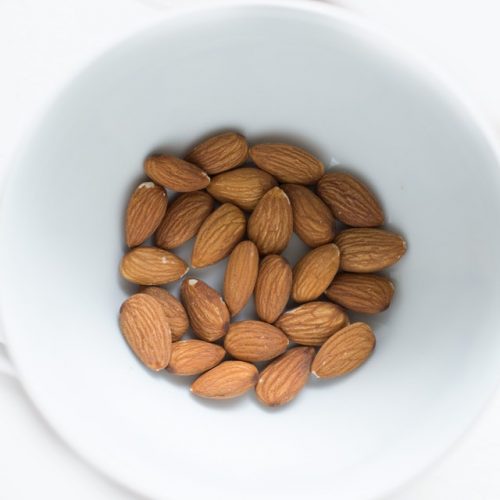What is Amaranth & Why Should You Be Using it?

When you buy through links on our site, we may earn an affiliate commission at no additional cost to you (learn more)
Amaranth is a highly nutritious and gluten-free grain. This amazing plant has been a part of human diets for thousands of years, dating back to the Aztecs and Incas, who considered it a sacred food. However, in the English language, many people may not be familiar with this superfood.
So, what exactly is amaranth? In this blog post, we will dive deep into the world of amaranth and uncover its history, health benefits, uses in cooking, and much more.
Introduction to Amaranth Grain
Amaranth is a highly nutritious grain that is becoming increasingly popular in the diet world. As previously mentioned, it is a short-lived, flowering plant that produces small grains with high nutritional value.
It also has a unique, earthy flavor that many people enjoy. Amaranth has been used for centuries by the Aztecs and other ancient civilizations for medicinal purposes, and recent studies have shown it may be beneficial for heart health and boosting the immune system. With all its benefits, it’s no wonder why more and more people are incorporating Amaranth into their daily diets.
Nutritional Value of Amaranth
Amaranth is a highly nutritious plant rich in essential vitamins and minerals. It is also a great source of protein, making it an excellent food option for vegetarians and vegans.
Amaranth is also packed with fiber, which helps to support digestive health and reduce the risk of chronic diseases. Additionally, it contains various antioxidants that can help protect the body from the damaging effects of free radicals.
Amaranth can be cooked and eaten in various ways, including as a grain or flour, and is a great addition to any healthy diet. Incorporating amaranth into your meals can give your body the essential nutrients it needs to function at its best.
Health Benefits of Amaranth
After learning about the nutritional value of amaranth, it’s no surprise that it comes with numerous health benefits.
- Amaranth is high in fiber, which can also help to lower cholesterol levels. Fiber binds to cholesterol in the digestive tract, preventing it from being absorbed into the bloodstream. This can lead to reduced LDL cholesterol levels and increased HDL (good) cholesterol levels.
- Amaranth is known to reduce inflammation which is linked with many health conditions.
- Amaranth is great for weight management. One study found that amaranth consumption led to a reduction in appetite and calorie intake, compared to a control group. The study suggested that the high fiber content of amaranth may have contributed to these effects.
- Amaranth supports digestive health and boosts immunity thanks to the various nutrients, minerals, and antioxidants it contains.
Precautions and Warnings for Using Amaranth as Medicine
When using amaranth as medicine, it’s important to exercise caution and take the necessary precautions. While amaranth has been used to treat various ailments, there isn’t enough scientific evidence to support its effectiveness.
It’s crucial to consult with a healthcare professional before incorporating amaranth into your medicinal routine. Additionally, people with allergic reactions to grains or seeds should avoid consuming amaranth due to the possibility of an allergic reaction.
As with any supplement or medication, it’s always best to read the label and understand the potential risks before use. Despite the lack of concrete evidence for its medicinal uses, amaranth remains a nutritious and versatile grain that can contribute to a balanced and healthy diet.
Sources:



